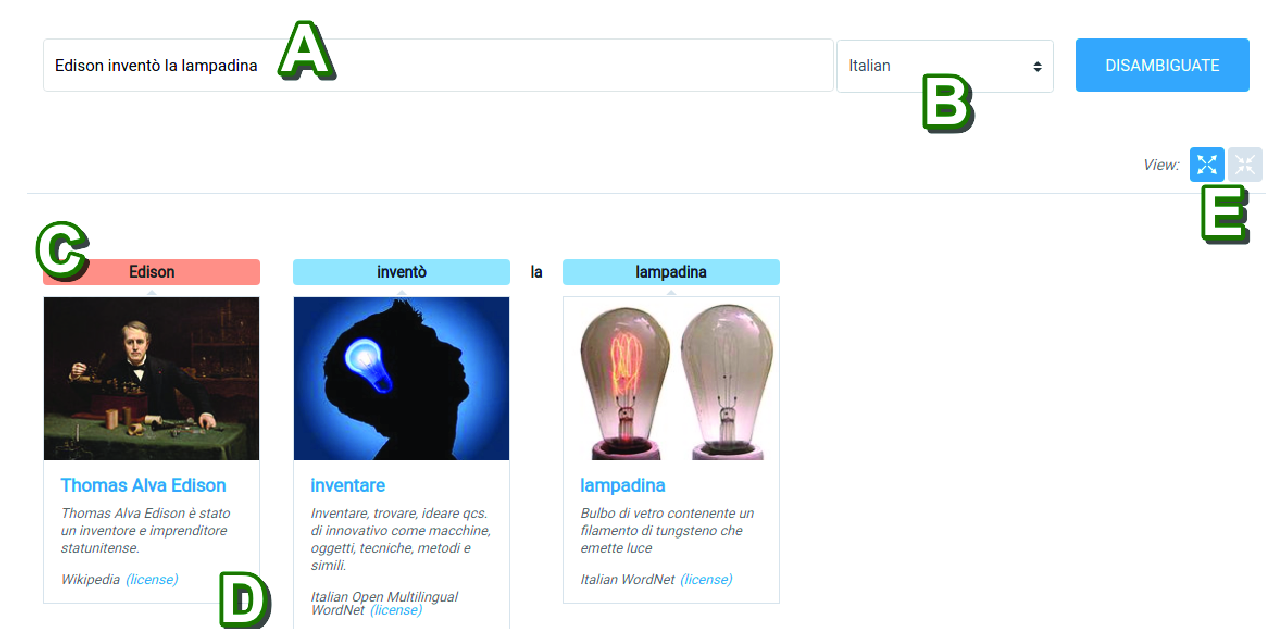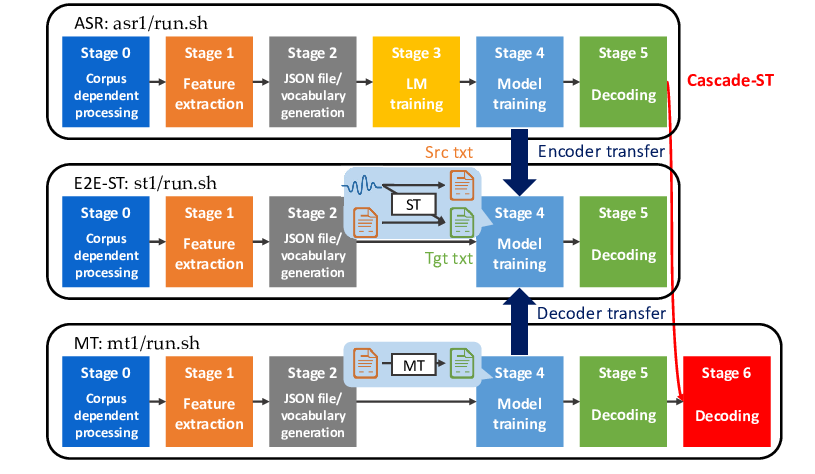Masked Language Model Scoring
Julian Salazar, Davis Liang, Toan Q. Nguyen, Katrin Kirchhoff
Machine Learning for NLP Long Paper
Session 4B: Jul 6
(18:00-19:00 GMT)

Session 5B: Jul 6
(21:00-22:00 GMT)

Abstract:
Pretrained masked language models (MLMs) require finetuning for most NLP tasks. Instead, we evaluate MLMs out of the box via their pseudo-log-likelihood scores (PLLs), which are computed by masking tokens one by one. We show that PLLs outperform scores from autoregressive language models like GPT-2 in a variety of tasks. By rescoring ASR and NMT hypotheses, RoBERTa reduces an end-to-end LibriSpeech model's WER by 30% relative and adds up to +1.7 BLEU on state-of-the-art baselines for low-resource translation pairs, with further gains from domain adaptation. We attribute this success to PLL's unsupervised expression of linguistic acceptability without a left-to-right bias, greatly improving on scores from GPT-2 (+10 points on island effects, NPI licensing in BLiMP). One can finetune MLMs to give scores without masking, enabling computation in a single inference pass. In all, PLLs and their associated pseudo-perplexities (PPPLs) enable plug-and-play use of the growing number of pretrained MLMs; e.g., we use a single cross-lingual model to rescore translations in multiple languages. We release our library for language model scoring at https://github.com/awslabs/mlm-scoring.
You can open the
pre-recorded video
in a separate window.
NOTE: The SlidesLive video may display a random order of the authors.
The correct author list is shown at the top of this webpage.
Similar Papers
Encoder-Decoder Models Can Benefit from Pre-trained Masked Language Models in Grammatical Error Correction
Masahiro Kaneko, Masato Mita, Shun Kiyono, Jun Suzuki, Kentaro Inui,

Few-Shot NLG with Pre-Trained Language Model
Zhiyu Chen, Harini Eavani, Wenhu Chen, Yinyin Liu, William Yang Wang,

Personalized PageRank with Syntagmatic Information for Multilingual Word Sense Disambiguation
Federico Scozzafava, Marco Maru, Fabrizio Brignone, Giovanni Torrisi, Roberto Navigli,

ESPnet-ST: All-in-One Speech Translation Toolkit
Hirofumi Inaguma, Shun Kiyono, Kevin Duh, Shigeki Karita, Nelson Yalta, Tomoki Hayashi, Shinji Watanabe,
